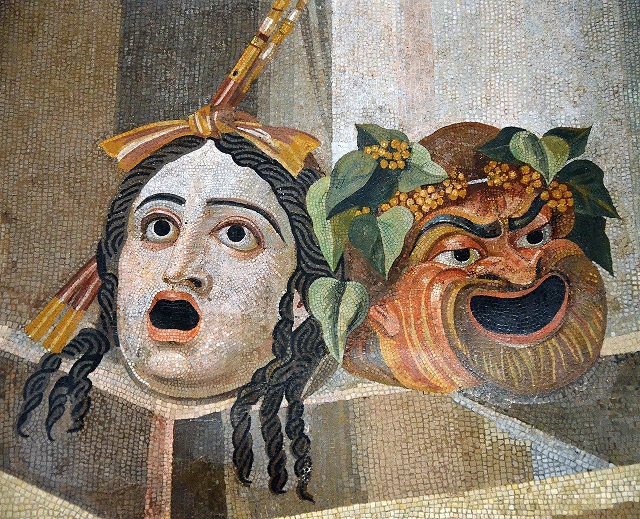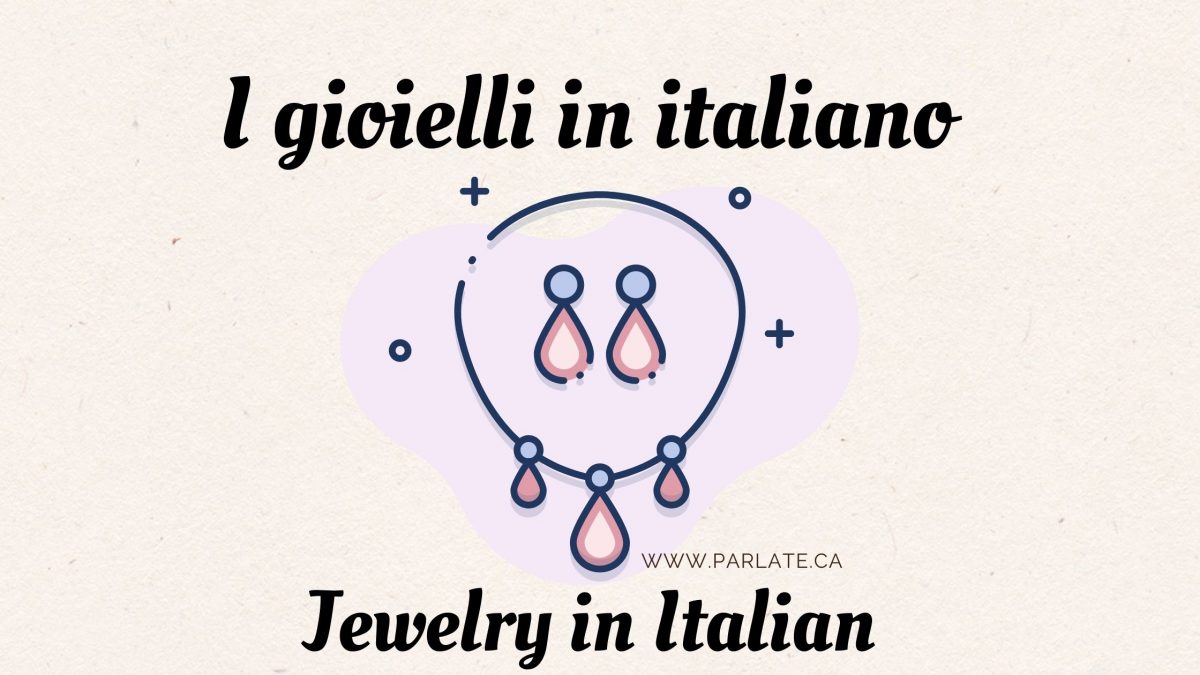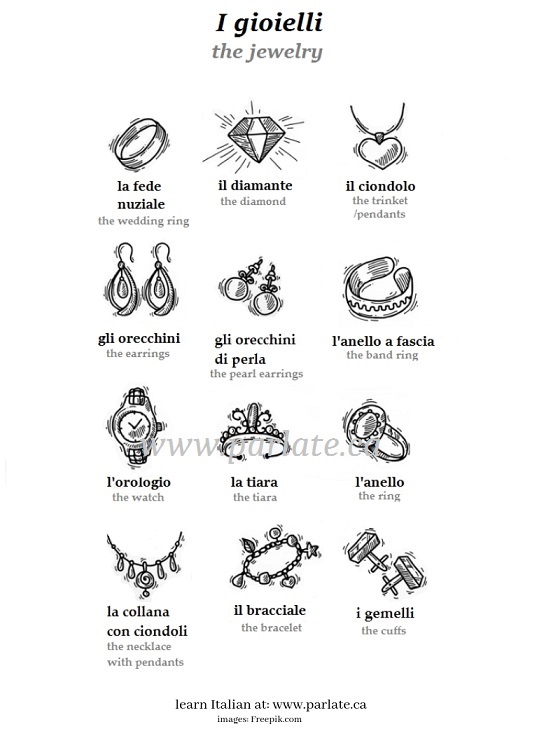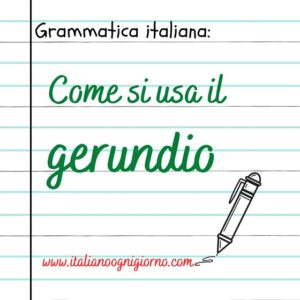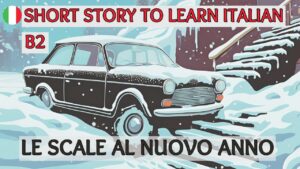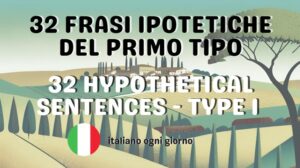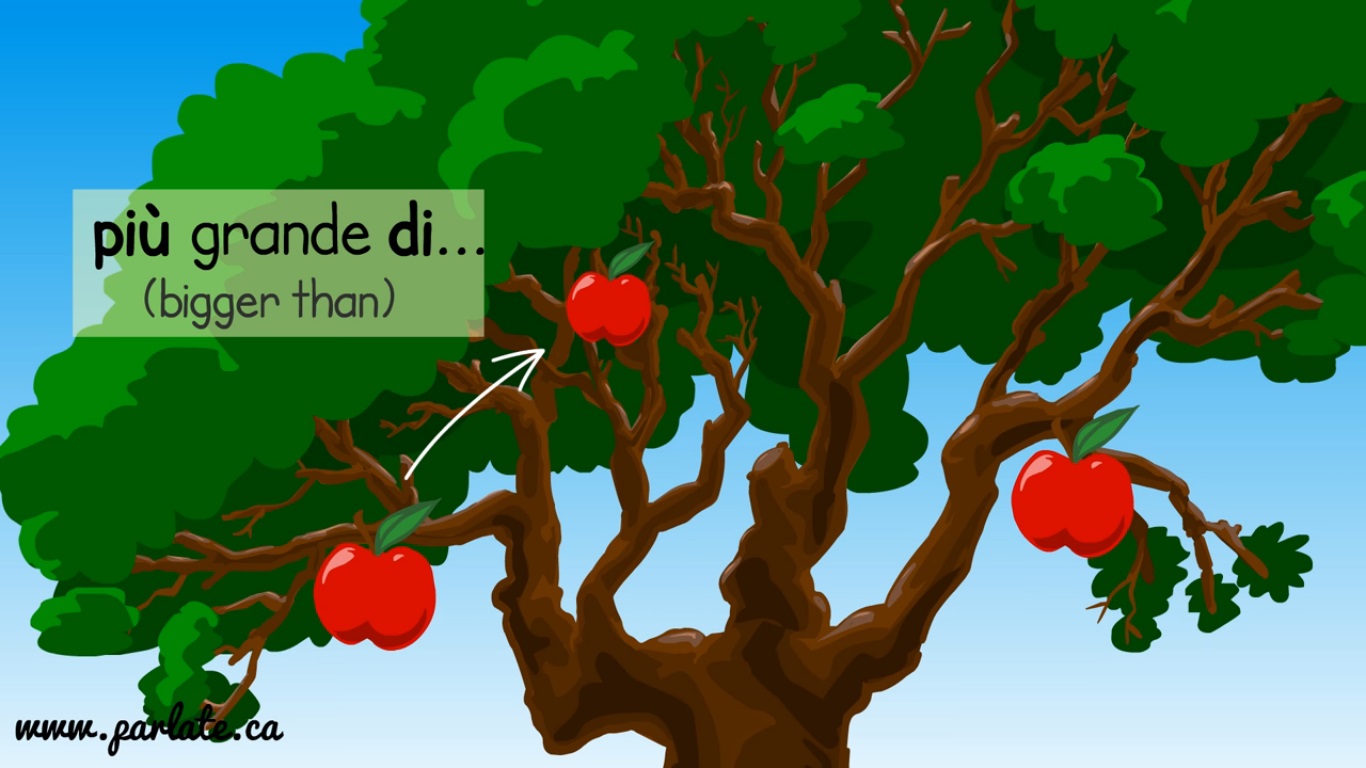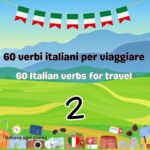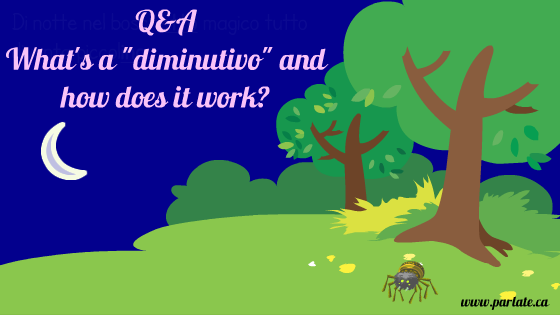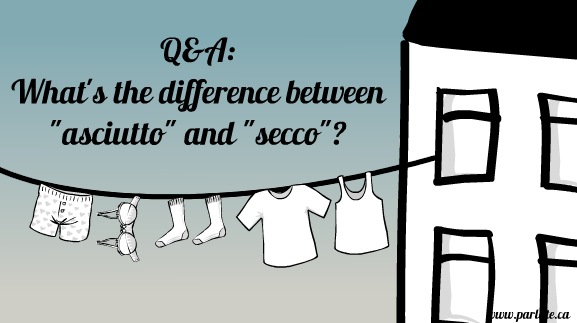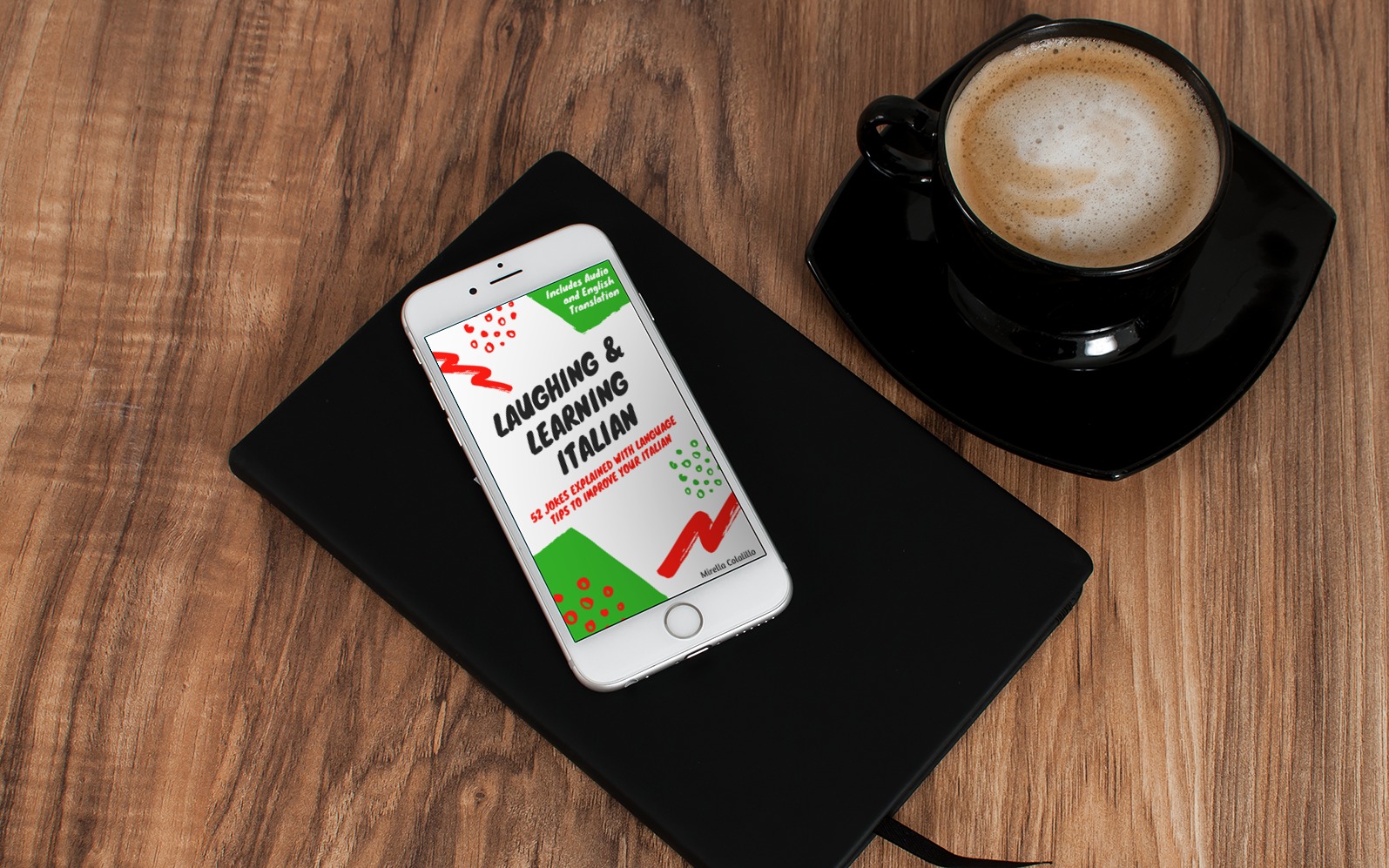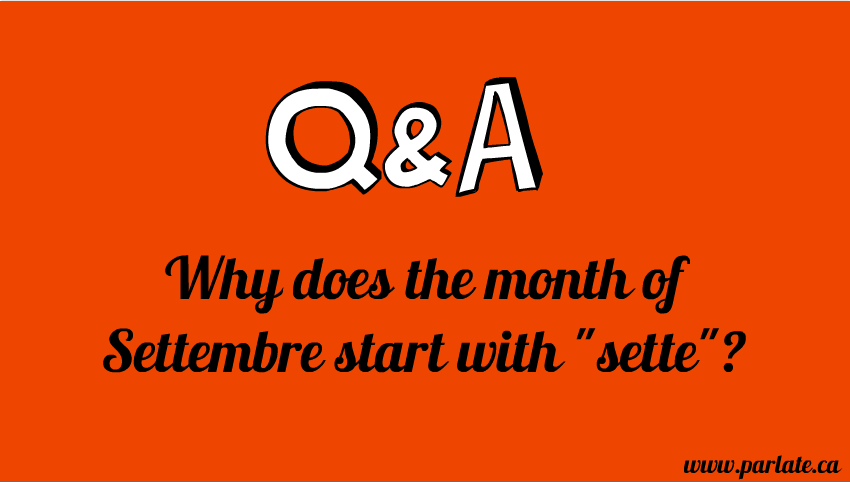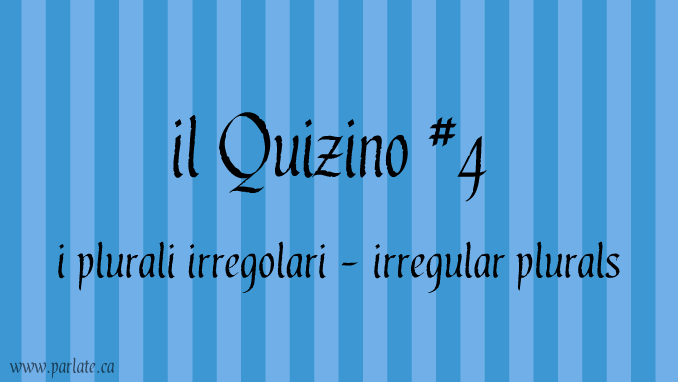Uso la parola inglese “optional” non a caso visto che sempre più parole straniere entrano ogni giorno nel gergo italiano. Così mentre tanti stranieri si prodigano ad impare la nostra bella lingua, i politici italiani la deturpano senza vergogna.
In quale categoria mettersti la prima figuraccia?
“Breve e circonciso. ma secondo voi perché Confindustria preme….”
On. Davide Tripiedi
Conciso! Circonciso è un’altra cosa…
GLI ERMETICI
Iniziamo con il Sentore Razzi, chiamato l’azzecca-garbugli della politica, come il personaggio dei Promessi Sposi di Alessandro Manzoni il cui nome è dovuto al fatto che «azzeccare» significa “indovinare” e «garbugli» “cose non giuste”, quindi: indovinare cose non giuste.
“Codesto dev’essere assicurato un’adeguato modernizzazione della linea ferroviaria Pescara-Roma. Però ormai inerudibile per strate (?)….drastica riduzione del fenomeno di codesta nel traffico veio…veiocular…veioculare a Roma.”
Sen. Razzi
Mamma mia, che minestrone. Non si capisce nulla e poi si dice veicolare!
Proseguiamo con l’Onorevole Eraldo Isidori:
“Si deve scontare la sua pena prescritta, che gli aspetta. Lo sapeva prima fare il reato. Io ritengo come Lega di non uscire prima della sua pena erogata. Grazie.”
On. Eraldo Isidori
Avete capito qualcosa? Io poco….
I LETTERATI
Secondo alcuni politici una citazione può fare guadagnare punti. La guerra all’avversario si combatte anche sul piano culturale, vediamo come va…
Onorevole Nunzia De Girolamo:
“In questa atmosfera un po’ da Gattopardo non vogliamo scomodare il principe di Salina esortando con il cuore il Presidente del Consiglio ad evitare che tutto cambi perché nulla cambia.”
On. Nunzia De Girolamo
Oltre al congiuntivo sbagliato, in realtà Tancredi nel Gattopardo diceva:
“Se vogliamo che tutto rimanga com’è, bisogna che tutto cambi.”
Tancredi nel Gattopardo
Onorevole Ignazio La Russa
“Il grande George Orwell che scrisse come Lei sa <<Il Grande Fratello>>… non era il Il Grande Fratello Italia….”
On. Ignazio La Russa
Il libro come tutti o quasi sanno s’intitolava 1984 e non il Grande Fratello!
I LATINISTI
Ma i più ambiziosi sono i latinisti…
“C’è da dire però Presidente, usquie tandem abutere patientiam nostram.”
On. Anna Finocchiaro
Il Senatore Gasparre s’accorse dell’errore e corresse la collega.
“Quo usque tandem abutere, Catilina, patientia nostra?”
Dice che le consiglierebbe anche maggiore cautela, maggiore pazienza con le citazioni latine perché forse c’era qualche piccola imperfezione.
Onorevole Francesco Barbato
” Ad monumentorum bustorunque debe storia flebe compulsa. Ve lo traduco subito. Era Svetonio… ”
On. Francesco Barbato
La correzione non tarda ad arrivare:
“Si dice Suetonio e non Svetonio. Invece di fare il paravento vai a scuola. Ignorante!”
On. Giancarlo Lebner
GLI ALLUSIVI
A proposito di latino bisogna fare attenzione alle traduzioni.
Onorevole Gianluca Buonanno:
“Mi viene in mente un celebre motto di D’Annunzio che diceva, << Non timeo culices>>, che per quelli di sinistra, stiano calmi… culices significa zanzare.”
On. Gianluca Buonanno
Culices non significa culo, ma zanzare… grazie per la precisazione!
Et dulcis in fundo….
Onorevole Roberto Giachetti:
“Lo dico sempre all’Onorevole Finetti che presa dall’orgia di votare contro tutto…scusate…!”
On. Roberto Giachetti
Orgia….?? Forse voleva dire “presa dalla foga… ”
Fammi sapere nei commenti quali errori ti hanno fatto ridere di più. 😄
